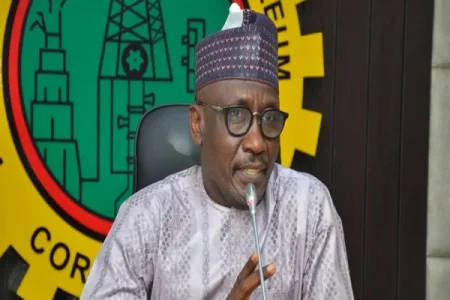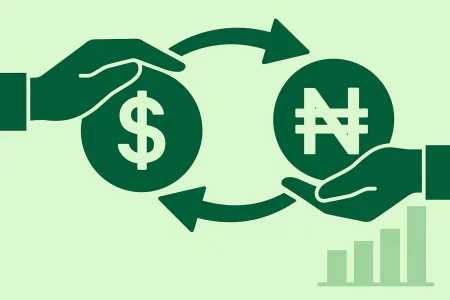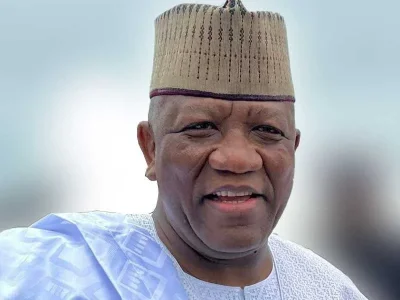
NNPCL seeks a $2 billion oil-backed loan amid Nigeria's fuel crisis. CEO Mele Kyari claims it's for normal business, not desperation. This follows a $3.3 billion loan in 2023. The move raises concerns as fuel shortages spread nationwide, impacting daily life. Dangote Refinery faces crude supply issues, highlighting broader sector problems.
The Nigerian National Petroleum Corporation Limited (NNPCL) plans to secure a $2 billion oil-backed prepayment loan, raising concerns as the nation faces a severe fuel shortage. This move comes during a critical period when Nigeria is dealing with significant disruptions due to the scarcity of fuel.
Reuters reported that NNPCL intends to finalize this loan within two months. Mele Kyari, the Group's Chief Executive Officer, mentioned that the financing is aimed at investing in the company’s operations. Kyari emphasized, “We have no problem covering our gasoline payments. This is just money for normal business and not a desperate act.” The loan would be secured with 30,000-35,000 barrels per day of crude production, although the exact amount has not been disclosed. Kyari added that the funding would come from a group of established partners who have previously worked with NNPCL.
This development follows a report suggesting that NNPCL’s debts to fuel suppliers have doubled over the last four months, reaching $6 billion. However, NNPCL spokesperson Olufemi Soneye denied these claims, maintaining that the company is financially stable. The new loan proposal comes after NNPCL obtained a $3.3 billion emergency crude repayment loan on August 16, 2023, organized by the African Export-Import Bank (Afreximbank). This earlier loan aimed to support Nigeria's currency and stabilize its foreign exchange market. With the new $2 billion loan, NNPCL’s total crude-for-cash obligations would amount to $5.3 billion.
The timing of this financial move has sparked public concern, as the fuel shortage, which began in Abuja, Nasarawa, and Lagos, has spread to Kano, Kaduna, Katsina, and other regions. The ongoing crisis has severely impacted daily life and commerce, increasing public frustration.
Moreover, the Dangote Refinery has reported challenges in obtaining Nigerian crude from International Oil Companies, highlighting broader issues in the country's oil sector. This situation raises questions about the viability of relying on future crude production to secure substantial loans.
As NNPCL pursues the $2 billion crude-for-cash loan, industry experts, economists, and the public will closely watch the outcome. The success or failure of this financial strategy will significantly impact Nigeria’s economic stability, fuel supply, and management of its oil resources.




